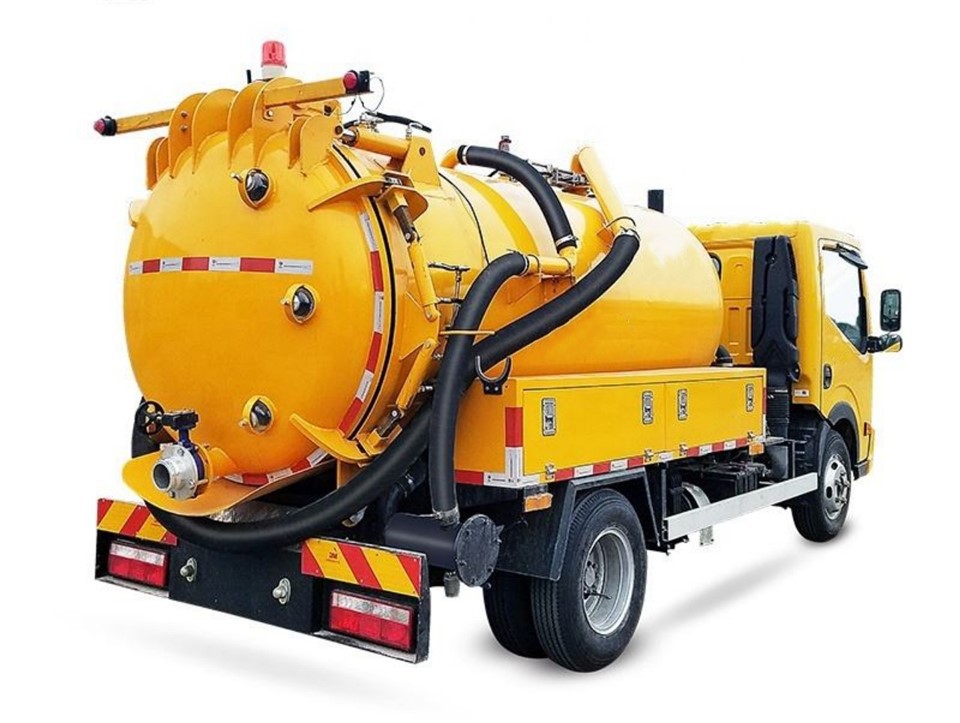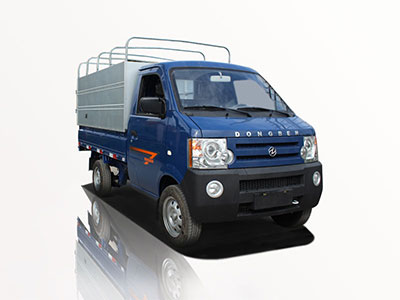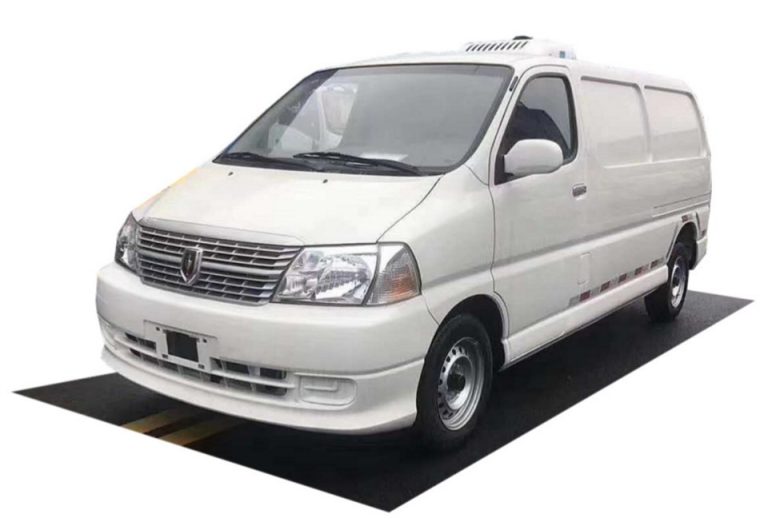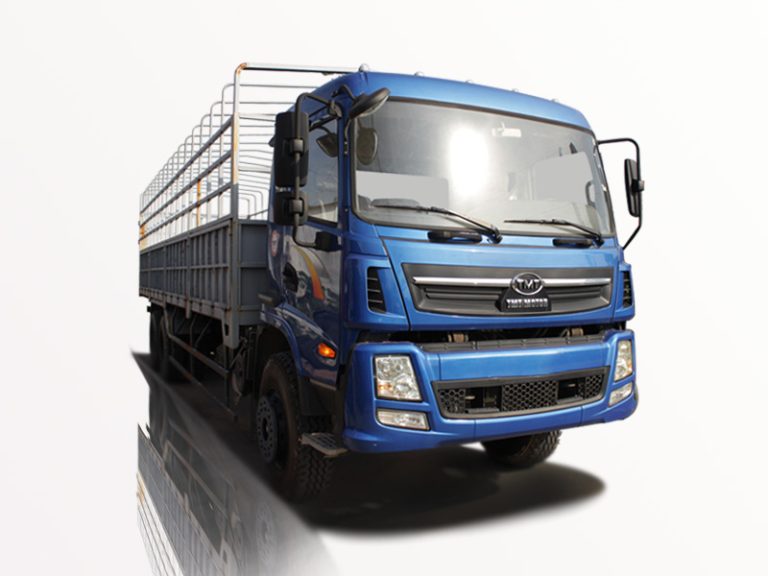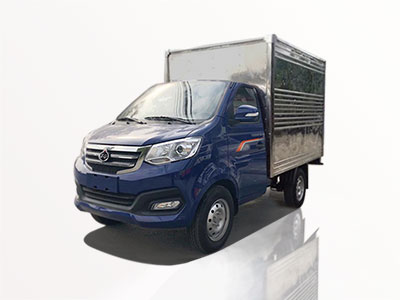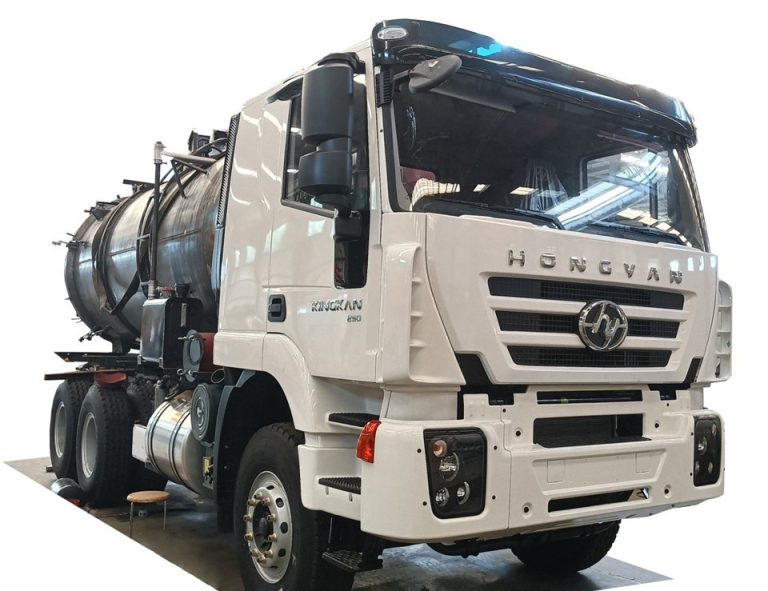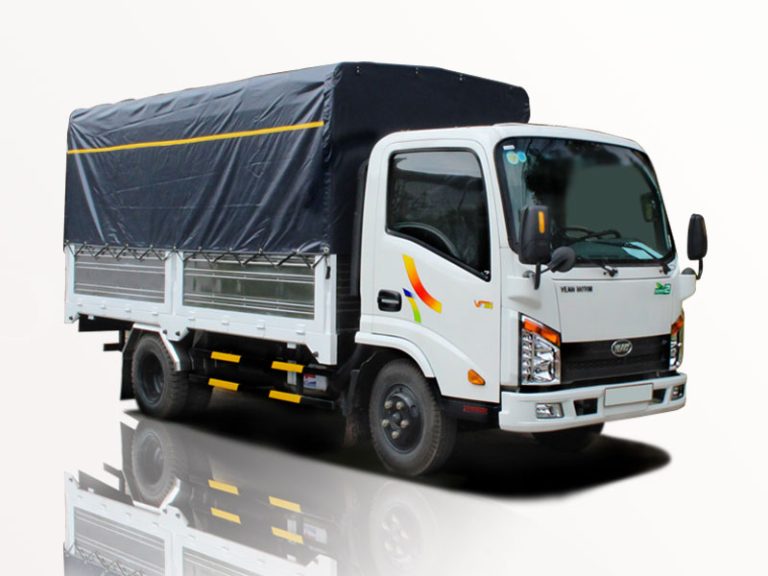Introduction
Roll off garbage trucks are essential vehicles used in waste management and are particularly prevalent in construction, demolition, and large-scale clean-up jobs. They offer a versatile solution for transporting large volumes of debris efficiently. This article will delve into everything you need to know about roll off garbage trucks, including their design, operation, benefits, and how they fit into the broader waste management landscape. We will also explore the best practices for using them, along with practical tips and examples to maximize their effectiveness.
What is a Roll Off Garbage Truck?
A roll off garbage truck is a specialized vehicle designed to transport large containers, called roll-off bins or dumpsters, for waste disposal. Unlike traditional garbage trucks that have a compacting mechanism, roll off trucks feature an open-top container that can be loaded and unloaded easily, making them ideal for various waste types, especially heavy and bulky materials.
How Roll Off Trucks Work
Roll off trucks have a hydraulic lift system that allows them to place the dumpster on the ground and load it back up with ease. Here’s a brief overview of the process:
- The truck arrives at the site, and the driver aligns the roll-off container with the hydraulic lift.
- The driver operates the hydraulic system, allowing the rear of the truck to lower and the dumpster to roll off.
- Once the container is in place, the driver adjusts the system to secure it.
- After the waste is collected, the process is reversed to lift and transport the filled dumpster back onto the truck.
Different Sizes of Roll Off Containers
| Container Size | Typical Use | Approximate Capacity |
|---|---|---|
| 10-yard | Small renovations, landscaping | 10 cubic yards |
| 20-yard | Medium-sized renovations, small construction jobs | 20 cubic yards |
| 30-yard | Large home construction, commercial renovations | 30 cubic yards |
| 40-yard | Major construction projects, large clean-outs | 40 cubic yards |
Benefits of Using Roll Off Garbage Trucks
1. Versatility
Roll off trucks can handle various waste types, from concrete and construction debris to household junk. Their adaptability makes them ideal for diverse applications like home renovations, landscaping, and commercial construction.
2. Increased Efficiency
With the ability to haul large volumes of waste in a single trip, roll off garbage trucks significantly reduce the number of trips required to dispose of debris. This increased efficiency translates to lower transportation costs and quicker project completion times.
3. Safety
Using a roll off container minimizes the risk of accidents. The waste is contained, reducing hazards associated with loose debris. Additionally, the hydraulic lifting system eliminates the need for manual handling of heavy materials.
4. Environmental Impact
Proper waste disposal using roll off dumpsters can contribute to recycling efforts by separating recyclable materials. This helps reduce landfill waste and promotes sustainable waste management practices.
Common Uses of Roll Off Garbage Trucks
1. Construction and Demolition
Roll off trucks are commonly used on construction sites to dispose of heavy debris such as concrete, metal, wood, and other materials. Their large capacity ensures that the worksite remains organized and clean, facilitating a safer and more efficient working environment.
2. Residential Projects
Homeowners undertaking renovations or decluttering often rent roll off containers to dispose of unwanted items, old furniture, and construction waste, making the cleanup process easier and more organized.
3. Events and Festivals
Large public events generate significant waste. Roll off garbage trucks provide a practical solution for managing waste during these occasions, ensuring that facilities remain clean and hygienic.
How to Choose the Right Roll Off Service
Selecting the right roll off garbage truck service involves several important factors. Here are some tips:
1. Assess Your Waste Volume
Before selecting a container size, assess the volume of waste you expect to generate. This will help you choose a dumpster that meets your needs without requiring additional trips or incurring extra costs.
2. Check Local Regulations
Some areas have regulations regarding dumpster placement or waste types. Familiarize yourself with local laws to ensure compliance and avoid fines.
3. Compare Pricing
Get quotes from multiple providers to find the best price. Consider service inclusions and delivery fees, and ask if there are any additional charges for exceeding weight limits.
4. Read Reviews
Research customer reviews and testimonials to gauge the reliability and quality of service of different companies. A reputable provider will have positive feedback regarding their service and equipment condition.
Safety Considerations When Using Roll Off Trucks
1. Proper Loading Techniques
Ensure that the dumpster is not overloaded to avoid safety hazards. Spread loads evenly to maintain stability and prevent tipping.
2. Hazardous Materials
Be aware of what can and cannot be disposed of in roll off dumpsters. Materials like chemicals, paint, and batteries often require special handling or disposal methods.
3. Site Management
Keep the area around the dumpster clear of debris. Ensure that pathways remain safe and accessible for workers and machinery, especially on construction sites.
Best Practices for Roll Off Dumpster Use
1. Planning for Delivery and Pickup
Coordinate with your service provider regarding the timing of delivery and pickup. Having a clear plan will streamline the process and ensure that the dumpster is available when you need it.
2. Maximizing Space
Fill the dumpster strategically by placing larger items at the bottom and filling gaps with smaller items. This maximizes space and allows you to fit more waste in the container.
3. Communication with Your Provider
Maintain open lines of communication with your roll-off service provider. If you anticipate needing the container for a longer duration or require an extra pickup, inform them as soon as possible.
Environmental Responsibility and Roll Off Trucks
Understanding the environmental implications of waste disposal is crucial. Roll off garbage trucks can play a significant role in promoting recycling and sustainability.
1. Recycling Efforts
When renting a roll off container, ask your service provider if they have a recycling program. Many companies sort through the waste collected and recycle eligible materials to reduce landfill use.
2. Safe Disposal of Hazardous Waste
Ensure that you are disposing of hazardous materials properly. Some roll off services can connect you with facilities that handle such waste to prevent environmental contamination.
Frequently Asked Questions (FAQs)
1. How much weight can a roll off dumpster hold?
The weight limit for roll off dumpsters varies by size. A 10-yard dumpster typically holds up to 2 tons, while larger containers can hold up to 4 tons or more. Check with your rental company for specific weight limits.
2. How long can I keep a roll off dumpster?
Rental periods can vary by provider, but most companies allow you to keep the dumpster for 7-14 days. Extended rentals may incur additional fees.
3. What can I put in a roll off dumpster?
Common items include construction debris, furniture, yard waste, and household junk. However, hazardous materials like chemicals, batteries, and paint are typically prohibited.
4. Do I need a permit to place a roll off dumpster?
This depends on local regulations. If you need to place the dumpster on a public street or sidewalk, a permit may be required. Always check with your local government.
5. How do I prepare for a roll off dumpster delivery?
Ensure that there is enough space for the truck to maneuver and place the dumpster safely. Remove any obstacles and ensure the area is accessible for the driver.
6. What are the costs associated with renting a roll off dumpster?
Costs can vary based on size, weight limit, rental duration, and location. On average, prices range from $200 to $800, depending on these factors. It’s best to get multiple quotes for comparison.
